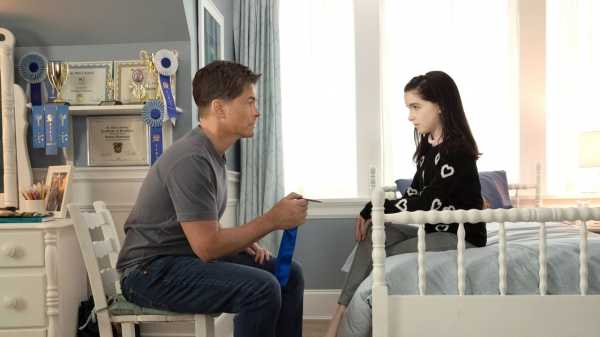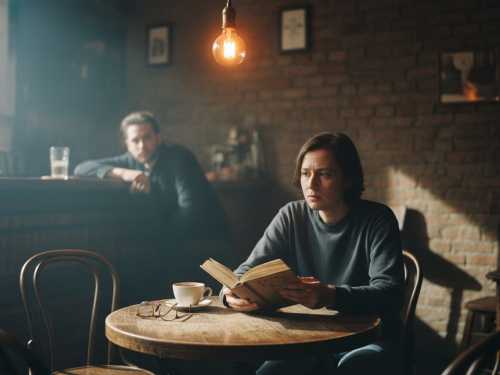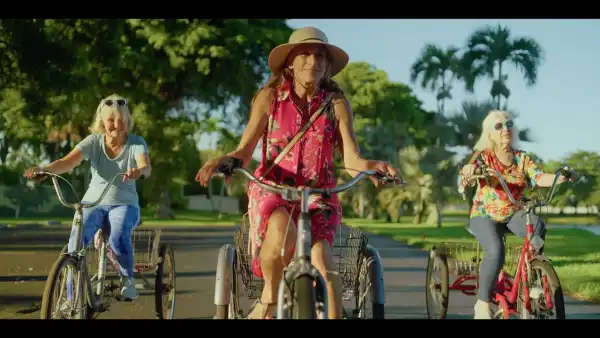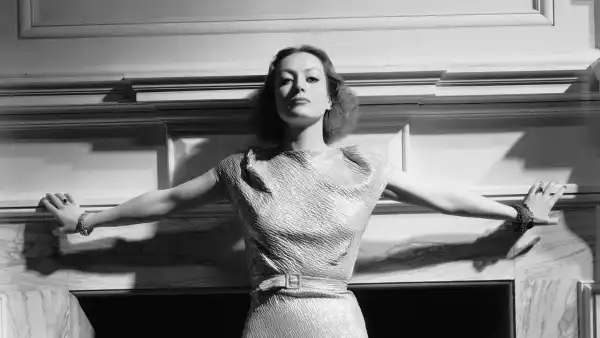
“The Bad Seed,” William March’s 1954 novel about an eight-year-old serial killer, was a best-selling thriller that gave rise to a Broadway adaptation and, in 1956, to a drearily stagebound film. A high-toned 1985 TV remake failed to sate the appetite for further exploration of this supremely creepy grade-school sociopath, originally named Rhoda Penmark. At one point, talking to Variety about an adaptation deal that bore no fruit, Eli Roth, the director of “Hostel,” expressed a heartfelt hope “to bastardize and exploit” the story’s premise by adjusting the body count for inflation: “We’re going to create the next horror icon, à la Freddy, Jason, and Chucky,” he said.
You could imagine an artful director with an eye for the complexities of vintage melodrama—Todd Haynes, for instance—creating a remake set in the Eisenhower era, probing at the problem of evil amid rich period detail: a “We Need to Talk About Kevin” done with hats and gloves and chain-smoking physicians advising frontal lobotomy. Instead, we get a peculiar Lifetime movie that marks the feature-length directorial début of Rob Lowe.
Lowe stars as David Grossman, a furniture designer whose circular saw and tortoise-shell eyeglasses project a kind of Design Within Reach masculinity. David’s wife died shortly after giving birth to a little monster named Emma (Mckenna Grace), who is now nine years old. Eerily well-behaved and compulsively dainty, she practices her saccharine smile in her vanity mirror and delivers malicious glares with vigor. Grace’s performance is the only element of the film that seems campy by intent—she is delightful as a tyke who sets a murderous scheme in motion and then kicks back with a juice box.
Emma’s homicidal impulses first act up during an awards ceremony at her prep school. She covets a medal that goes to a classmate named Milo, rewarding kindness, character, and leadership. Milo’s judgment can’t be so great, though, because he proceeds without adult supervision to the top of a cliff with a kid who gives off the vibes of a tween Anna Kendrick in a gender-switch remake of “Damien: Omen II.” Milo turns up dead, obviously, and Emma’s teacher would like to speak with her about this. David stews on his daughter’s lack of both sorrow and a good alibi, and Lowe coaches himself through lonesome frowns, troubled stares, and a meditative shower.
The only person certain of Emma’s villainy is her new nanny, Chloe (Sarah Dugdale), a cartoon hussy who presses ahead no matter how many times David rebuts her advances. One day, with a pack of Marlboros in hand, she pops into his workshop to ask, “Hey, do you mind if I, like, smoke in here?” He does mind, but she stays to chat anyway: “Oh, I was looking at more pictures of your wife. She’s pretty hot!” The only thing to do with lines like these is to vary insinuating grins with lubricious once-overs. In the original, the household-staff member who catches onto Rhoda’s beastliness is a humble groundskeeper; the reconfiguration of this character as a ridiculous vixen introduces a theme of home-wrecker horror that has been worked over in such Lifetime movies as “Devious Nanny” (2018), “The Wrong Nanny” (2017), “Evil Nanny” (2016), “The Nightmare Nanny” (2013), and “Baby Monitor: Sound of Fear” (1998), not to mention “The Babysitter’s Seduction” (1996), with Keri Russell. (Incidentally, Lowe, in a 2008 lawsuit, accused a former nanny of blackmail, and the nanny, alleging sexual harassment, sued him and his wife; a year later, both sides requested that their lawsuits be dismissed. But it feels wrong to analyze this film as a tabloid-level revenge fantasy—such heights are beyond its aspirations.)
A taste for in-jokes may indicate the film’s cognizance that it cannot be taken too seriously. Patricia McCormack, who was nominated for an Oscar for playing the title character in the 1956 version of “The Bad Seed,” appears as a child psychiatrist. (Clad in Eileen Fisher–ish raiment, the doctor concludes after the intake interview, “She reminds me of myself.”) Later, Emma curls up with a copy of “The Outsiders,” the film adaptation of which supplied Lowe’s breakthrough role, as Sodapop Curtis. The book jacket is like a chocolate on a turned-down hotel bed—a morsel to please the patron. For the most part, “The Bad Seed” meagerly rewards the Lowe constituency for its loyalty—his Comedy Central roast indicated a far greater sense of fun, and his DirecTV commercials—which the critic David Thomson has identified as Lowe’s best work—showed far greater range. Here he is merely coasting along as a heartthrob emeritus.
The big-screen “Bad Seed” explains the girl’s capacity for violence as a genetic inheritance from her biological grandmother, a talented murderess. This view of the mind hasn’t aged well. Wisely, Lifetime and Lowe omit explicit mention of it and, less wisely, substitute some determinism too skimpy even to qualify as vague. David’s online research into abnormal psychology leads him to pull up a video: “The violence seems to be inside them, buried like a bad seed,” its narrator says. In this moment, passing off its seminal title as a diagnosis, the film stays true to foolish form. This replica of the iconic villain is sculpted from memorable baloney.
Sourse: newyorker.com






